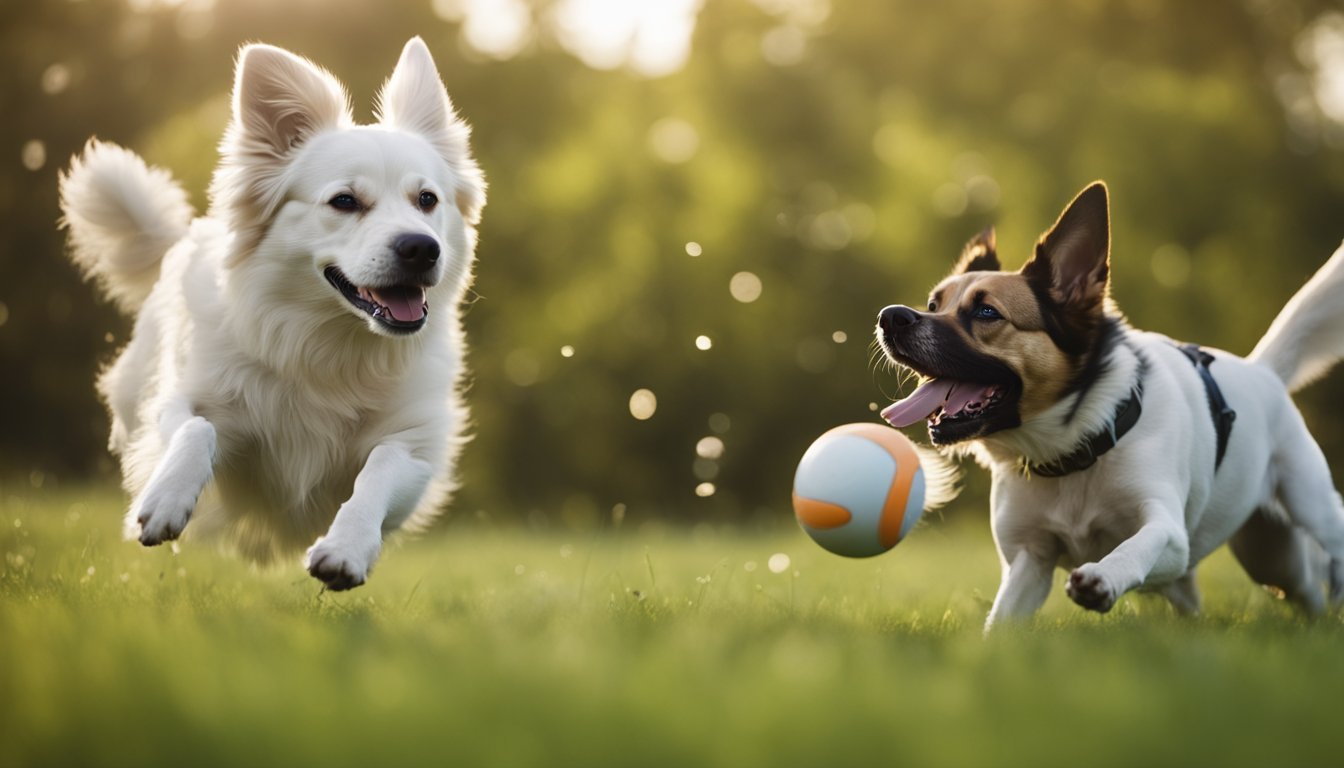
In a world where the bond between humans and animals has been a timeless story of companionship, the realm of pets and animals offers a rich tapestry of relationships, benefits, and responsibilities. From the loyal dog that greets you at the door to the serene fish that calms your mind, pets and animals play pivotal roles in our lives, influencing our well-being and happiness in profound ways.
The Unbreakable Bond
Pets have been a part of human society for thousands of years, with evidence of domesticated animals dating back to ancient civilizations. Dogs, often hailed as “man’s best friend,” have been companions for millennia. Their ability to understand and respond to human emotions is a testament to the deep bond formed through mutual trust and affection. Cats, with their independent yet affectionate nature, offer a different but equally enriching companionship.
Beyond these familiar companions, animals in general serve as more than just pets. They are a part of our ecosystem, providing essential roles in maintaining environmental balance. The bond we share with animals is not just limited to domestic pets but extends to wildlife and farm animals, each contributing to our understanding of nature and our place within it.
Benefits of Pet Ownership
The positive impact of pets on human health is well-documented. Studies show that pet ownership can lower stress levels, reduce blood pressure, and even decrease the likelihood of depression. The act of petting a dog or cat releases oxytocin, the hormone associated with bonding and affection, which can lead to increased feelings of happiness and reduced anxiety.
Children who grow up with pets often exhibit higher levels of empathy and social skills. Pets can also provide invaluable support to individuals with special needs. For example, therapy animals are used in various therapeutic settings to assist individuals with physical, emotional, or psychological challenges. The unconditional love and support provided by pets can be incredibly comforting and beneficial in these contexts.
Understanding Animal Welfare
With the joys of pet ownership come significant responsibilities. Understanding animal welfare is crucial in ensuring that pets lead healthy, happy lives. Proper nutrition, regular veterinary care, and appropriate living conditions are fundamental to animal well-being. Responsible pet ownership involves not only providing these necessities but also understanding the unique needs of each species.
Adopting pets from shelters rather than buying from breeders or pet stores can also have a positive impact. Shelters often have animals in need of loving homes, and adoption helps to reduce the number of animals in shelters. Additionally, spaying and neutering pets helps control the pet population and prevent unwanted litters.
The Role of Animals in Therapy and Assistance
Animals play a significant role in various forms of therapy and assistance. Service animals, such as guide dogs for the visually impaired or seizure alert dogs, provide essential support to individuals with disabilities. Emotional support animals offer comfort and companionship to those struggling with mental health issues, helping to alleviate symptoms of anxiety and depression.
In therapeutic settings, animals are used to support and enhance treatment plans. Animal-assisted therapy involves trained animals working alongside therapists to help individuals achieve specific therapeutic goals. This type of therapy can be particularly effective in treating conditions such as PTSD, autism, and certain physical disabilities.
The Joy of Interaction
The joy of interacting with animals goes beyond mere companionship. Engaging with pets can be a source of immense pleasure and relaxation. Activities such as playing fetch with a dog, grooming a cat, or observing the peaceful movements of an aquarium can bring a sense of calm and contentment.
Furthermore, animals have the ability to teach us valuable life lessons. Patience, compassion, and responsibility are qualities that are often developed through caring for a pet. The mutual respect and affection shared with animals can enrich our lives and offer a unique perspective on the world around us.
Conclusion
The relationship between humans and animals is a profound and multifaceted one, characterized by mutual benefit, responsibility, and joy. Pets and animals offer companionship, support, and love, while also teaching us important lessons about care and empathy. By understanding and embracing the bond we share with our animal friends, we can enhance our own well-being and contribute to a more compassionate and harmonious world.
In celebrating the connection we have with pets and animals, it is important to recognize and honor the responsibilities that come with pet ownership. Through proper care, understanding, and respect, we can ensure that our relationships with animals are fulfilling and beneficial for both parties.